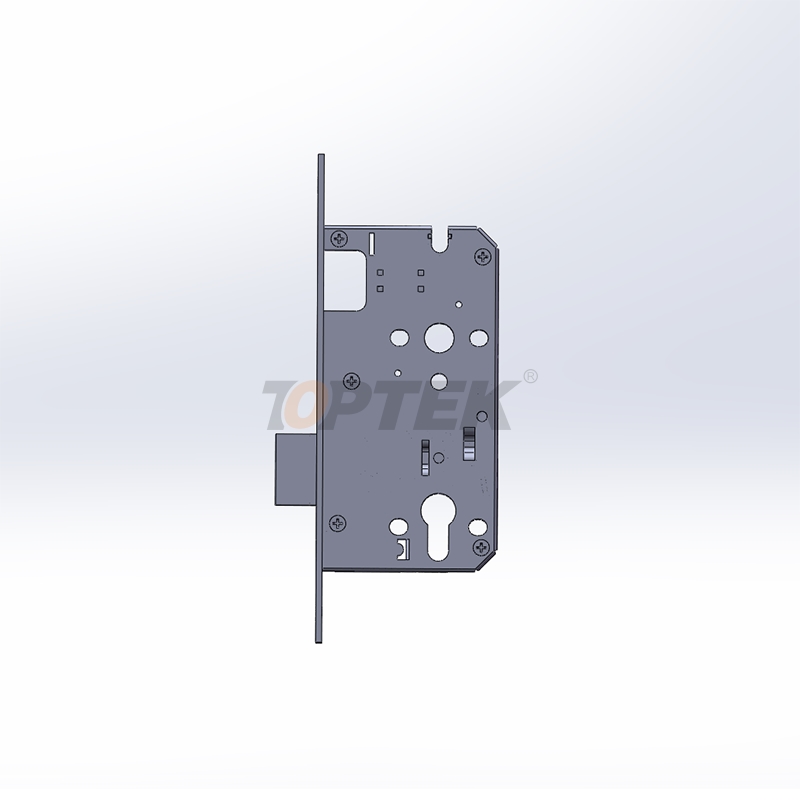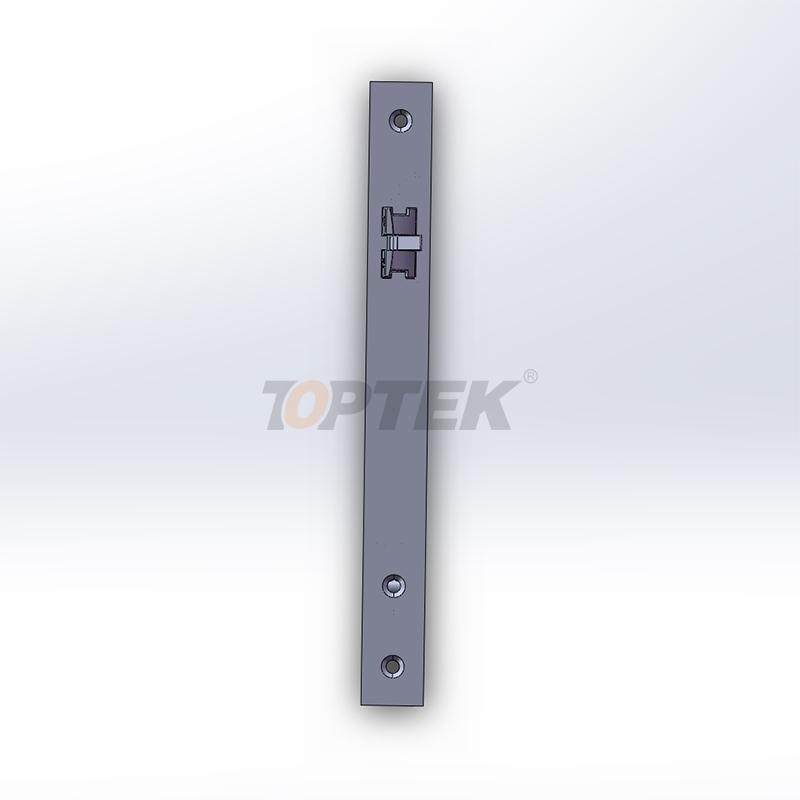Choosing the right type of lock is one of the most important decisions a business owner or building manager can make. Security, durability, ease of installation, and cost all play critical roles in protecting commercial properties. Two of the most common lock types you’ll encounter are cylindrical locks and mortise locks. But which one comes out on top for commercial settings?
This comprehensive guide compares cylindrical and mortise locks with a focus on features, performance, and suitability for commercial use. We’ll unravel the mechanics, weigh up security and longevity, look at installation and cost, and give you the information you need to make an informed decision. If you’ve searched for terms like “cylinderical level lock,” this post will help clarify your options and steer you toward the best solution.
Understanding the Basics
What Is a Cylindrical Lock
A cylindrical lock is widely used due to its straightforward design and quick installation. Often called a “cylinderical level lock” or “cylindrical lever lock,” this locking mechanism fits through the door using a hole bored entirely through it. The lock body is cylindrical and contains a key cylinder, latch, and often a lever handle or knob.
Key features of cylindrical locks
● Designed for convenience and rapid installation
● Operated with a key (and sometimes a thumb turn)
● Popular in both residential and light-to-moderate commercial applications
● Usually available in a wide range of styles and finishes
How it works
When you insert the key and turn it, the cylinder rotates and moves the latch, allowing the door to open. This system is known for being user-friendly and cost-effective.
What Is a Mortise Lock
Mortise locks represent the heavy-duty end of commercial door security. The lock body is fitted into a rectangular pocket (the mortise) cut into the edge of the door. Mortise locks are built with robust internal mechanisms, often combining a latch and a deadbolt within one unit.
Key features of mortise locks
● Complex and durable internal mechanism
● Typically larger than cylindrical locks
● Secure locking with both a latch and a deadbolt
● Available with multiple functions (privacy, passage, emergency egress)
How it works
A mortise lock involves an inner case seated within the door and multiple moving parts inside the lock body, which operate via a key or lever/knob. Mortise locks often allow for re-keying or adapting the lock for different uses (office, restroom, storeroom, etc.).


Analyzing Security and Durability
Security Considerations
Cylindrical Level Lock Security
Cylindrical locks are rated for different security levels, with some designed for high-traffic, light commercial settings. While they are adequate for many offices, classrooms, and internal doors, they are more vulnerable to forced entry, picking, or drilling compared to mortise locks.
Mortise Lock Security
Mortise locks are often the gold standard for security on commercial doors. Thick, sturdy cases and multiple locking points make them much harder to force open. Many mortise locks are also compatible with high-security cylinders and multiple key systems, further boosting security.
Durability and Wear
Cylindrical Locks
Best suited to doors with moderate traffic
● Over time, the latch and handle may wear, especially in busy locations
● Some commercial-grade models (ANSI Grade 1) offer improved durability
Mortise Locks
● Built for longevity and frequent use
● Withstand repeated operation in demanding environments
● Internal components are replaceable, making maintenance easier
● Favored for hotels, schools, hospitals, and public buildings
Installation and Maintenance
Installing a Cylindrical Lock
● Requires only two holes bored in the door (one for the cylinderical level lock body, one for the latch)
● Suitable for retrofitting existing doors, especially in renovations
● Typically faster and simpler than mortise installation
Installing a Mortise Lock
● Demands a rectangular pocket be precisely cut into the door
● More time-consuming and requires specialized tools or skilled labor
● Primarily used in new commercial builds or where maximum security is needed
Ongoing Maintenance
Cylindrical Locks
● Typically involve replacing the whole lock or latch assembly if damaged
● Most issues can be resolved with minimal downtime or skill
Mortise Locks
● Parts are modular and easily serviced (many components can be repaired or replaced without removing the entire lock body)
● Investment in maintenance pays off with long-term reliability
Cost and Value
Price Comparison
● Cylindrical locks tend to be less expensive up front, both for parts and installation. This makes them attractive for projects with a tight budget or where many doors are being outfitted at once.
● Mortise locks cost more for both parts and labor, but their extended lifespan and robust security often justify the investment, especially for high-stakes areas.
Lifetime Value
While mortise locks are a bigger investment, their durability and security features offer greater value over the decades. For less-trafficked or interior doors, however, a quality cylinderical level lock can sufficiently balance price and performance.
Application Suitability
Where Cylindrical Locks Work Best
● Internal office doors
● Suites and workspaces in co-working buildings
● Classrooms and interior rooms in schools
● Light- and medium-traffic entrances
Where Mortise Locks Are Preferred
● Main entry and exit doors in commercial buildings
● Hospitals and schools with high traffic
● Hotel guest rooms and apartment buildings
● Doors requiring additional security or access control
Compliance and Fire Regulations
Commercial properties must meet strict codes for accessibility and fire safety. Both cylindrical locks and mortise locks are available in models that comply with standards such as the Americans with Disabilities Act (ADA) and local fire regulations. Always consult with a security hardware expert and local regulations to ensure compliance.

Making the Right Choice for Your Business
Selecting between a cylindrical level lock and a mortise lock is a decision that should consider traffic volume, security requirements, budget, and ease of maintenance. For interior doors with moderate use, a cylindrical lock could offer exactly what you need at a smart price. For entrances, exits, and areas where robust security is critical, mortise locks are the better choice.
If you’re planning a large-scale project or have highly specialized security needs, talking to a locksmith or commercial door hardware expert will give you peace of mind and ensure your investment is sound.
Key Takeaways for Better Commercial Security
Choosing between cylindrical and mortise locks isn’t just about immediate costs or convenience; it’s about safeguarding your people and assets for years to come. Assess your commercial property’s unique needs, weigh the trade-offs, and invest in the right solution for lasting security.
For further guidance or product recommendations tailored to your workspace, connect with a trusted locksmith. An expert assessment ensures your facility gets the right level of security and compliance.
Cylinderical level lock
Cylinderical lock
Mortise Locks
English
العربية
Français
Русский
Español
Português
Deutsch
italiano
日本語
한국어
Nederlands
Tiếng Việt
ไทย
Polski
Türkçe
አማርኛ
ພາສາລາວ
ភាសាខ្មែរ
Bahasa Melayu
ဗမာစာ
தமிழ்
Filipino
Bahasa Indonesia
magyar
Română
Čeština
Монгол
қазақ
Српски
हिन्दी
فارسی
Kiswahili
Slovenčina
Slovenščina
Norsk
Svenska
українська
Ελληνικά
Suomi
Հայերեն
עברית
Latine
Dansk
اردو
Shqip
বাংলা
Hrvatski
Afrikaans
Gaeilge
Eesti keel
Māori
සිංහල
नेपाली
Oʻzbekcha
latviešu
অসমীয়া
Aymara
Azərbaycan dili
Bamanankan
Euskara
Беларуская мова
भोजपुरी
Bosanski
Български
Català
Cebuano
Corsu
ދިވެހި
डोग्रिड ने दी
Esperanto
Eʋegbe
Frysk
Galego
ქართული
guarani
ગુજરાતી
Kreyòl ayisyen
Hausa
ʻŌlelo Hawaiʻi
Hmoob
íslenska
Igbo
Ilocano
Basa Jawa
ಕನ್ನಡ
Kinyarwanda
गोंगेन हें नांव
Krio we dɛn kɔl Krio
Kurdî
Kurdî
Кыргызча
Lingala
Lietuvių
Oluganda
Lëtzebuergesch
Македонски
मैथिली
Malagasy
മലയാളം
Malti
मराठी
ꯃꯦꯇꯥꯏ (ꯃꯅꯤꯄꯨꯔꯤ) ꯴.
Mizo tawng
Chichewa
ଓଡ଼ିଆ
Afaan Oromoo
پښتو
ਪੰਜਾਬੀ
Runasimi
Gagana Samoa
संस्कृत
Gaelo Albannach
Sepeti
Sesotho
chiShona
سنڌي
Soomaali
Basa Sunda
Wikang Tagalog
Тоҷикӣ
Татарча
తెలుగు
ትግንያውያን
Xitsonga
Türkmençe
संस्कृत
ئۇيغۇرچە
Cymraeg
isiXhosa
ייִדיש
Yorùbá
isiZulu








































